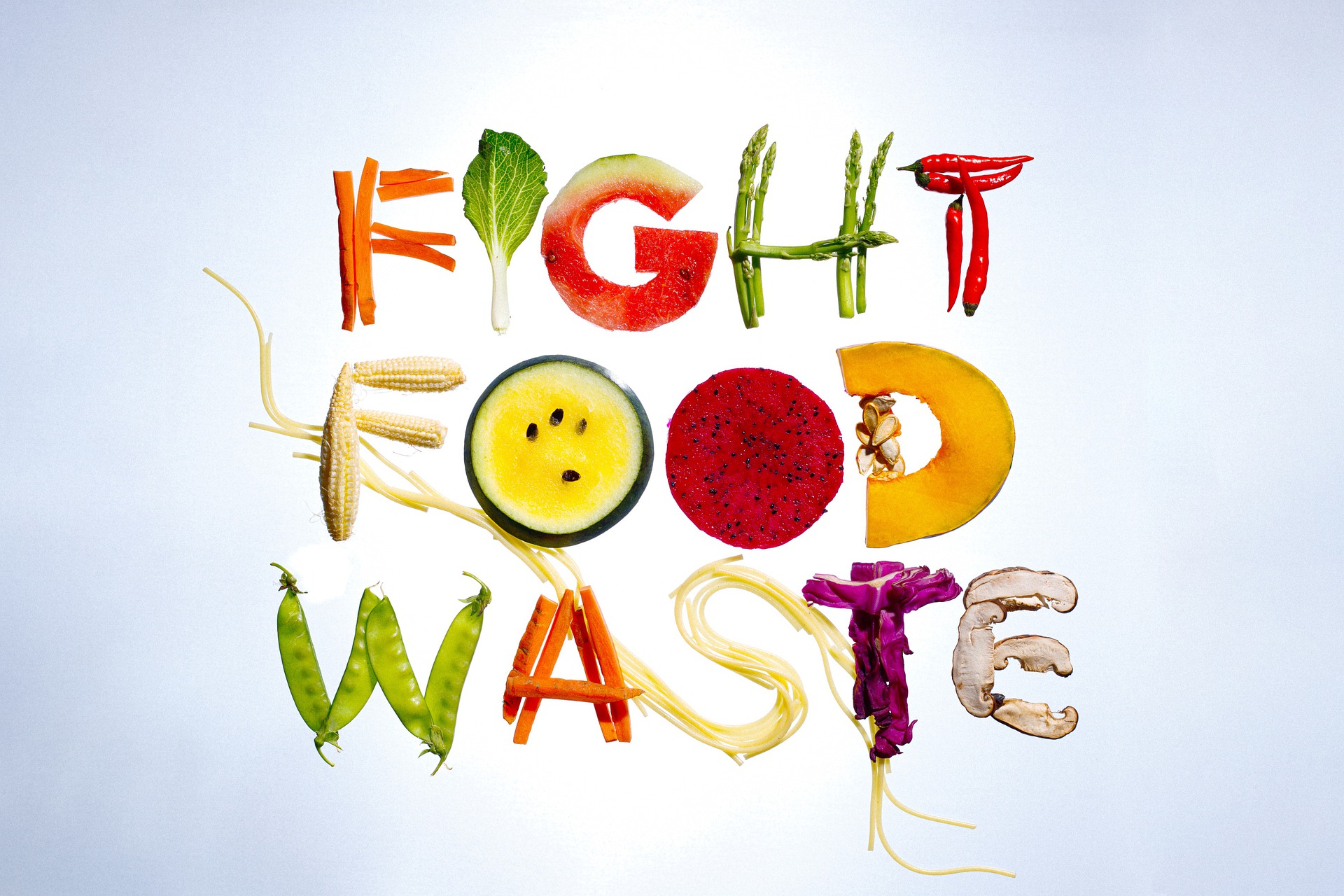
5 Amazing Roles of Industrial Dehydrators in Sustainable Manufacturing
In today’s fast-paced world, sustainable manufacturing has become an essential aspect of responsible business practices. As industries continue to grow and expand, the need to minimize their environmental impact has become increasingly important. One innovative solution that has emerged to address this pressing concern is the use of food waste dehydrators. These powerful machines are transforming the way we manage food waste, playing a pivotal role in reducing the waste footprint of various industries in food production and processing. In this blog, we will delve into the world of food waste dehydrators, exploring their applications and the remarkable ways in which they contribute to a more sustainable and eco-friendly manufacturing landscape. Join us on this journey toward a greener, more efficient future!
🌍 Food Waste: A Global and US Crisis in Numbers 📊
Food waste is a pressing global issue, with far-reaching environmental, social, and economic consequences. This crisis affects both developed and developing countries, with the United States being a significant contributor to the problem. To better understand the scale and impact of food waste, we’ve compiled a list of eye-opening statistics that highlight the gravity of the situation. Let’s delve into these alarming figures and recognize the urgent need for change in our food consumption and waste management practices.
🌎 1.3 billion tons: The amount of food wasted globally each year (FAO)
🇺🇸 40%: The percentage of food produced in the United States that goes to waste (USDA)
🍲 219 lbs: The average amount of food wasted per person in the United States each year (USDA)
🍔 $161 billion: The estimated annual cost of food waste in the United States (USDA)
🌱 21%: The percentage of landfill volume in the United States occupied by food waste (EPA)
🌽 30-40%: The percentage of food waste in the United States that occurs at the retail and consumer levels (USDA)
🍏 50%: The percentage of all fruits and vegetables produced globally that are wasted (FAO)
💧 24%: The percentage of global freshwater resources used to produce food that is ultimately wasted (FAO)
🔥 8%: The percentage of global greenhouse gas emissions caused by food waste (FAO)
♻️ 14%: The percentage of food waste in the United States that is recovered and recycled (EPA)
Food Waste Dehydrators: Overview and Benefits
Definition and Basic Functionality
Food waste dehydrators are specialized machines designed to remove moisture from organic waste materials, primarily food waste. By using heat and airflow, dehydrators efficiently extract water content from waste, resulting in a significantly reduced waste volume. The dehydration process not only makes waste management more manageable but also opens up opportunities for recycling and repurposing the dehydrated waste in various industries.
How Food Waste Dehydrators Contribute to Waste Reduction
Food waste dehydrators play a critical role in waste reduction by significantly decreasing the volume and weight of waste materials. This reduction has several benefits, including:
- Lower Disposal Costs: Reduced waste volume means fewer waste disposal expenses, as fewer trips to landfills or waste processing facilities are required.
- Decreased Environmental Impact: With less food waste ending up in landfills, the overall environmental impact is minimized, contributing to a more sustainable manufacturing process.
- Recycling and Repurposing Opportunities: Dehydrated food waste materials can often be recycled or repurposed, leading to new revenue streams and a more circular economy.
- Energy Savings: The dehydration process can lead to energy savings, as less energy is required to transport and process the reduced waste volume.
By incorporating food waste dehydrators into their waste management strategies, companies can not only improve their bottom line but also contribute to a greener, more sustainable future.
Gaia Dryers: Revolutionizing Organic and Food Waste Management
The Gaia Dryers dehydrators range offers cutting-edge organic and food waste reduction systems that can astonishingly reduce weight and volume by as much as 90%. These user-friendly, automated systems are designed to dry food and other organic waste through a combination of heat and mechanical mixing.
Tackling High Moisture Content
Organic and food wastes often have a high moisture content, reaching up to 98%. The Gaia Dryers work efficiently to evaporate the water, resulting in a dry, manageable end product that has been sterilized and stabilized. This ensures that the end product doesn’t smell and can be stored for several weeks without degrading.
Versatile and Scalable Solutions
Gaia Dryers come in a variety of sizes to accommodate different waste capacities, ranging from as little as 30 kg per day to industrial-scale solutions that can process an impressive 200 tonnes per day. They are the perfect solution for locations with limited space, such as city center hotels, catering operations, shopping centers, food processors, and manufacturers.
Energy-Efficient and Adaptable
These innovative dryers are powered by electricity, with heating provided by gas, steam, electricity, or thermal oil. Processing times and costs depend on the type of waste being treated and its water content. Generally, process times vary between 5 and 7 hours, with energy consumption ranging from 0.28 to 0.9 kW/kg.
Package-Friendly and Resourceful
Gaia Dryers are uniquely designed to handle packaged wastes. During the drying process, non-organic packaging (e.g., plastic and foil) is broken apart, allowing the organic waste to be dried while keeping the packaging materials available for recovery through a straightforward screening process. The resulting organic waste powder has significant calorific value as a biomass fuel or quality feedstock for anaerobic digestion systems.
Additionally, traceable vegetable and fruit waste can be processed to produce quality feedstock for use in animal feeds. This innovative approach helps to reduce waste disposal and transportation frequency and costs while minimizing odors and vermin attraction.
Key Features of Gaia Dryers:
- Simple and robust automated batch drying system
- Range of sizes from 30 kg up to 200 tonnes per day
- Accepts many contaminated and packaged food wastes
- Enables conversion of food waste to biomass and recovery of recyclable packaging
To conclude, the implementation of food waste dehydrators in various industries has the potential to significantly impact sustainable manufacturing practices. As the statistics reveal, food waste is a massive global issue, and adopting innovative waste management strategies is vital to reducing our waste footprint. Dehydrators, like the Gaia Dryers, offer a promising and efficient solution to tackle the growing concern of food waste by minimizing disposal costs, reducing environmental impact, and creating new recycling and repurposing opportunities. By investing in these cutting-edge technologies, companies can take a significant step towards a greener, more sustainable future, addressing both their bottom line and their responsibility to the planet.
Are you ready to take a leap toward a more sustainable and cost-effective waste management solution for your business? Bay Area Trash Compactor is here to help! With our industry-leading trash compactors, dehydrators, balers, and composters, we provide eco-friendly and efficient waste management solutions tailored to your specific needs. Don’t wait any longer to join the revolution in sustainable waste management. Contact us today to learn more about our products and services. Together, we can create a cleaner, greener future for all. 💚🌎
